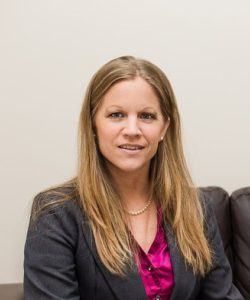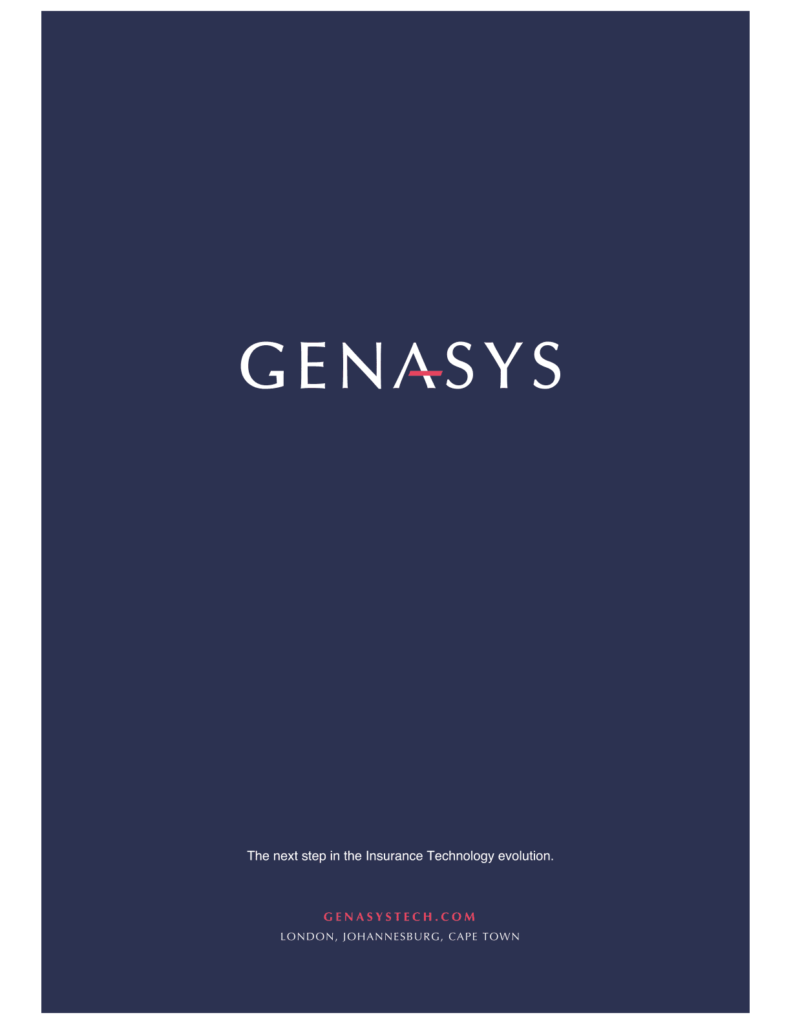Vanessa Rogers on behalf of Indwe Risk Services and MC De Villiers Brokers
Muslims make up about three percent of South Africa’s population of nearly 60 million people. This equates to 1,8 million Muslims. Looking ahead, and with South Africa being a delightfully diverse place in which to live and do business, this figure is only likely to increase over time – making it important that the industry’s service providers are able to serve the needs of the Muslim community when it comes to the provision of short-term insurance.

Currently, the Muslim community is under-served when it comes to insurance due to a lack of availability of Shariah-based insurance products that comply with Shariah laws and the principals of Islamic religion, along with their practical application in Islamic economics. This is why it is important for those of us in the industry to educate ourselves in this field and to understand our client needs, so that we can look to provide solutions which serve our immediate and potential client base.
Shariah law is the code of religious teachings for the religion of Islam, while takaful is a type of insurance devised to comply with such laws – in which money may be pooled or invested.
According to Angus Marshall, a specialist on transactional liability within the UK market, Shariah-compliant or takaful insurance does not differ from any other type of insurance – except in three important respects: purity, certainty and mutuality. Shariah financial products also eschew any form of interest.
Head of transaction liability at CFC Underwriting, Marshall believes that an insurer who bravely takes on an underserved segment of the market, seeks to “play a grace note in relation to their overall emerging-market capabilities and demonstrates their commitment to such markets”.
A takaful provider may not invest takaful-compliant funds in any companywhich derives its income from a product or service that offends Islamic principles (such as alcohol, tobacco, pornography or weaponry); and such policies generally require the approval of a certified Shariah scholar in consultation with his or her supervisory board.
New product poised for lift-off
Here in South Africa, the progressive team at Indwe Risk Services and MC De Villiers Brokers have taken note of the increasing need for professional indemnity within the Muslim business community.
Their research reveals that the South African Muslim market is worth more than R1,5 billion annually – although more research is needed as to the market’s contribution income across all lines of insurance. What is known, however, is that this segment of the population is educated and highly loyal.
Yet a significant untapped market of around two million entrepreneurs from elsewhere in Africa (a continent that is at least 50 percent Muslim) have been flooding into South Africa in recent years. Institutions therefore need to collaborate in the way of accessible webinars and information packs, for example, to create awareness and educate this market about takaful products and their benefits, over and above the local South Africans who have already had extensive exposure to such products.
Notably, there has already been successful penetration of takaful insurance in sub-Saharan African countries – such as in Kenya and Nigeria. In Kenya, where Muslims account for at least 15 percent of a population estimated at 40 million people, Islamic finance accounts for at least two percent of the banking sector. In Nigeria, where there is a rather poor penetration of insurance (despite a rapidly growing middle class), the Nigerian insurance market remains promising as far as life and non-life products, along with saving and investment schemes, are concerned – especially those which are compliant with Shariah laws.
With this in mind, the Indwe Risk Services and MC De Villiers teams have, as of 10 November 2021, launched a Shariah-compliant product offering in South Africa – via Safire Insurance Company Limited and underwritten by Genoa Underwriting Managers. Fully endorsed by Mr Mufti Desai, an internationally reputed Shariah advisor and investment banker, who is currently CEO of Global Islamic Financial Services, contributions will be paid by takaful participants into the ring-fenced Shariah-compliant bank account; whereupon insurance will be granted to participants – subject to the takaful provider’s terms, conditions, limitations and exclusions.
The teams, mentioned above, who have collaborated to bring this Shariah-compliant combined Medical Malpractice and Public Liability Indemnification takaful policy to market, will have exclusive rights to sell it in the Gauteng province for a period of 24 months.
The Medical Malpractice takaful product, mentioned above, is a very proud world first.
The global context
A recent paper in the Insurance Markets and Companies journal examines which issues surrounding takaful still need to be resolved for it to progress globally. Takaful insurers need to increase public awareness of the importance of both life and non-life insurance policies to their target audiences; they need to expose themselves to the international insurance market to improve their competitiveness and investment results; their focus needs to shift to developing a wider range of products, both price- and quality-wise; and a formal supervisory system should ideally be developed to efficiently monitor their takaful products globally – a local supervisory board may not be sufficient.
The attainment of raised customer awareness, the development of new products and distribution channels, and a range of attractive investment options (such as an AAA-rated international reinsurance company to underwrite takaful products) would all serve to improve customer understanding and satisfaction.
But as with any innovation or attempt to diversify into a new area, small steps are best to start with, along with a solid understanding of the requirements of any new products. Insurance services have a definite place in Islamic finance if they are approved by the Shariah and are based on “responsibility, mutual cooperation and solidarity, in order to protect someone against a well-defined risk”.
What is certain is that the uptake of takaful is set to grow, both within the South African market and globally, over the years to come.


